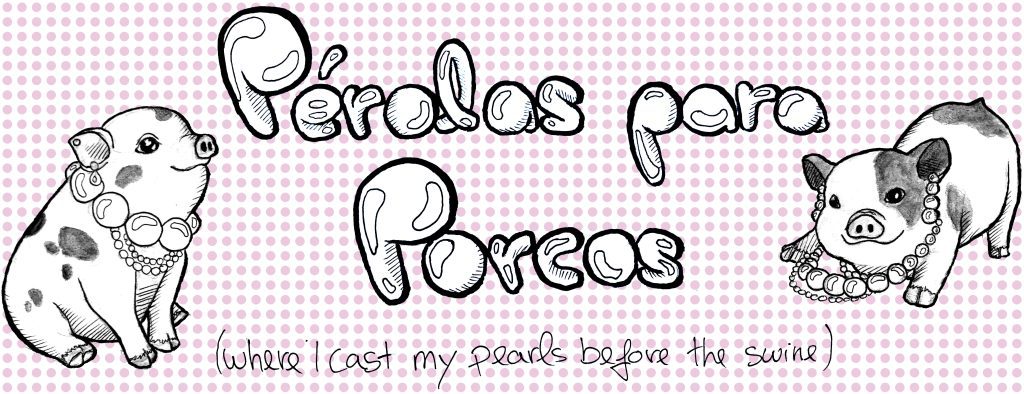Out of all the different career pathways, independent animation is the most appealing one for me, but it’s possibly one of the most challenging ones too. On one hand, the animator becomes the director and artist who can give life to their one ideas and aesthetics, but on the other hand, they also gain many more responsibilities, from financial support and funding to promoting, distributing and producing. Obviously, nowadays there are already existing networks and structures that connect artists to festivals, museums, residency studios, scholarships and schools, but a lot of an independent animator/artist’s job is building their work practice around the hundreds of portfolio/film submission deadlines throughout the year. But how does one go from graduating to becoming an independent filmmaker?
Part of the process of an artist’s emancipation is finding exposure for their work, which can be done by having it circulate in film festivals around the world or through social media platforms, like youtube, vimeo and instagram. Film festivals create a bridge between filmmakers and producers, talent hunters and distributors from different animation studios, besides showcasing your work to a much wider audience. However, with the exception of certain prize moneys, there’s usually very little rentability in participating in the festival themselves, the most important part being an opportunity to share your work with people from the industry.
While researching for the different festivals, I concluded that I should create a table dividing them concerning the month they take place, as well as the type of film festivals. As a Portuguese animator who does queer short films, my work not only fits into the animation festival circle but it could also fit into the queer film festival one, for the themes that I tend to explore, as well as fitting into the short film category of independent film festivals. In addition, I also believe I should give special attention to Portuguese film festivals, since they usually create competitive categories and prizes for national filmmakers, as well as being the ideal places to connect and network with artists and professionals from the Portuguese cinema industry.

Participating in festivals is, in most of these cases, free. If a submission fee is charged, it usually is between £20 to £40. But again, one does not participate to take profit, but rather to connect and expose. And even if a lot of these cities are physically distant from me, it’s always important to start making connections as early as possible, because who knows where one will be in a year. However, the funding a film requires can be much more difficult to quantify as well as the management of equipment and people. And even though film festivals are a great long-term strategy, in order to make a film one has to face short-term problems, like funding, time and overall guidance that can prevent for any submission to be done in the first place.
